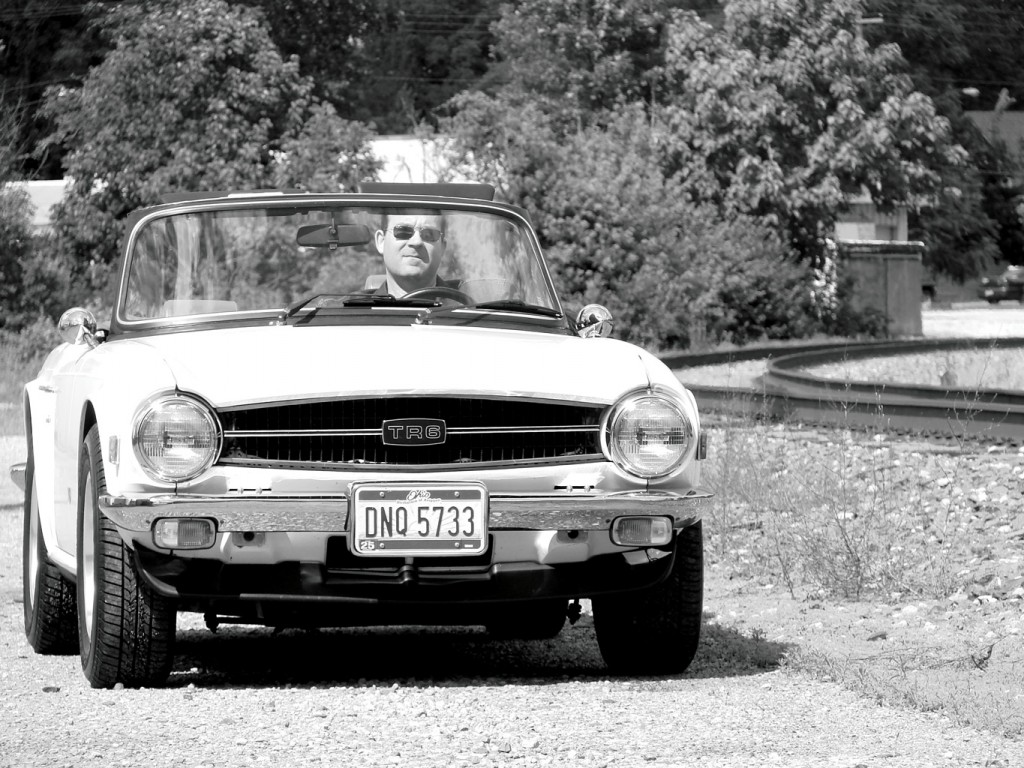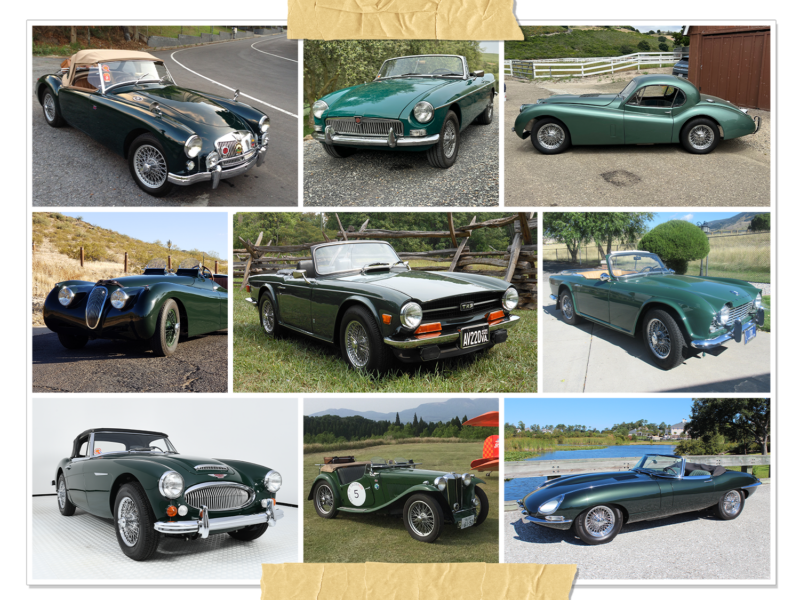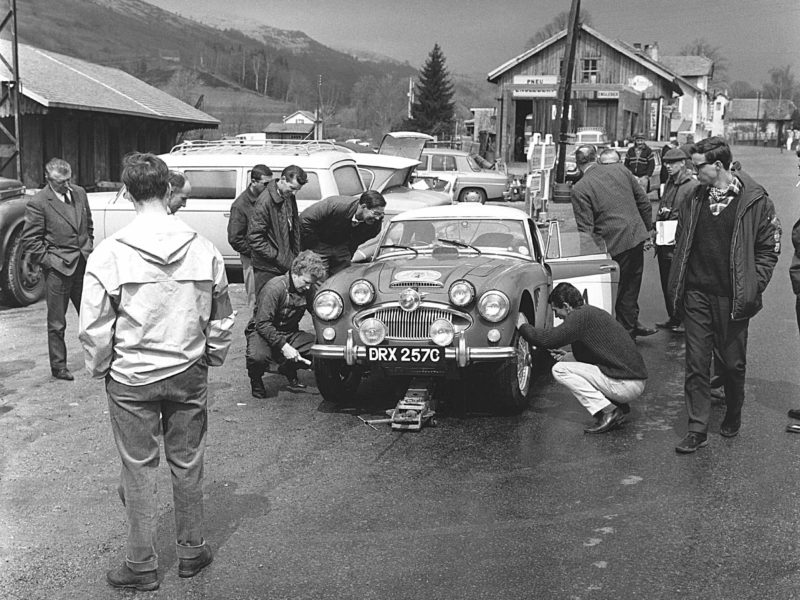Keeping the Heart of British Cars Beating Strong
A few months ago I was listening to Car Talk on NPR. Tom and Ray were joking about a 30-something year old employee who works in their shop and how he had never worked on a carburetor until the other day.
 That got me thinking about how, with cars becoming more advanced every day, it is increasingly becoming harder and harder for the average car owner to work on his or her own vehicle. It is probably safe to say that gone are the days when the average person could fix any number of ills on a car with just a basic set of hand tools. I’m reminded of this fact with my family’s daily drivers. I’m fairly comfortable doing a number of things on my 1998 Jeep Cherokee—a vehicle that still has a good, old fashion distributor. But then there is our 2005 Volvo XC90. I can’t even find a Chilton’s or Haynes manual for it!
That got me thinking about how, with cars becoming more advanced every day, it is increasingly becoming harder and harder for the average car owner to work on his or her own vehicle. It is probably safe to say that gone are the days when the average person could fix any number of ills on a car with just a basic set of hand tools. I’m reminded of this fact with my family’s daily drivers. I’m fairly comfortable doing a number of things on my 1998 Jeep Cherokee—a vehicle that still has a good, old fashion distributor. But then there is our 2005 Volvo XC90. I can’t even find a Chilton’s or Haynes manual for it!
As cars become more and more advanced, I wonder if we are simultaneously losing the time-honored tradition of a parent teaching a child basic do-it-yourself automotive skills. As I reflect on my 5-year old and new-born daughters, I think about someday teaching them the basic skills of changing the oil, sparkplugs, and radiator fluid on their cars – skills my grandfather taught my mother and my father taught me (yes, you read that correctly – my grandfather taught my mother those skills, a fact of which she is quite proud, especially when it allows her to diagnose an automotive problem that is stumping my father).
But then I begin to wonder if my daughters’ cars will even have oil, sparkplugs, and radiators. And if they do, will the average person be able to work on them? Will it even be worth passing these skills along to them? Maybe I need to instead teach them about computer programming!
Of course, for classic British car owners, these time-honored skills are still essential. Our cars will always have oil, sparkplugs, and radiator fluid (although, since we are talking British cars, some will have less oil than others). And the cars will always be in need of maintenance the average shade-tree mechanic can provide. But let’s face it, like Tom and Ray’s employee, with each passing day there are fewer professional guys and gals out there who know how to keep our beloved British cars running.
The end result is that if classic car clubs are going to survive and the vehicles the clubs are dedicated to are going to continue to be driven well into the future, one of our most important goals has to be keeping automotive skill and knowledge alive.
Moss Motors is a British Motor Heritage Limited approved specialist, and we often see that word—heritage—used in connection with our hobby. It’s defined as “something handed down from past generations.”
That’s the charge for each of us. As owners and lovers of classic cars, we are called upon to support the heritage. That is more than just maintaining and preserving the cars. It means passing along the accompanying skills and knowledge, sharing them with those newer to the hobby, and handing them down from one generation to the next.
So I challenge each of us. Be willing to write a tech article for Moss Motoring or your local club newsletter, to conduct a tech session for our fellow local club members, to invite a friend over to work on a car together, or to take our daughters and sons out into the garage to teach them the lessons we were taught. I challenge each of us to do what we can to support the heritage.
By John VanNorman
Photo by John Johnson
Both Johns are proud members of the Buckeye Triumphs club








'Now Is the Time' has no comments
Be the first to comment this post!